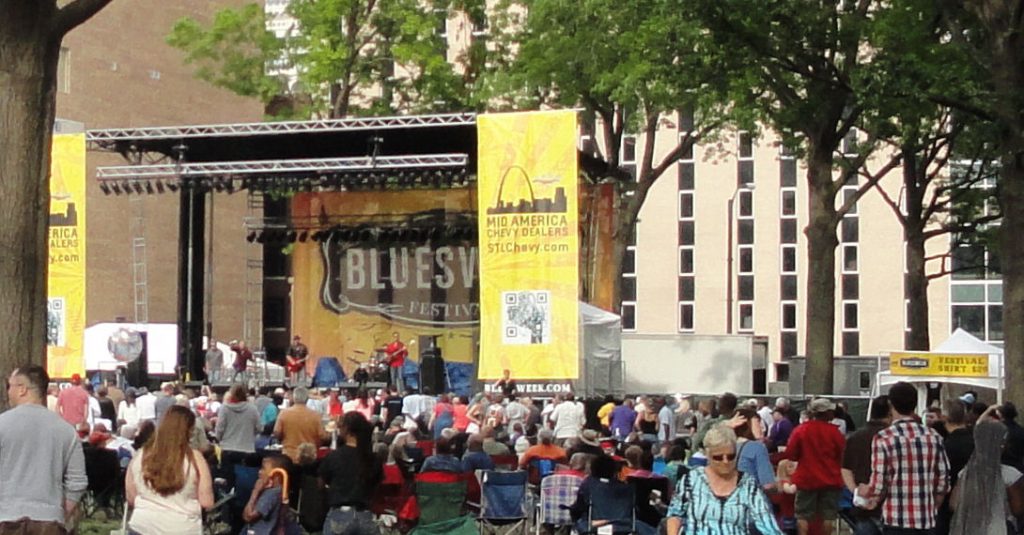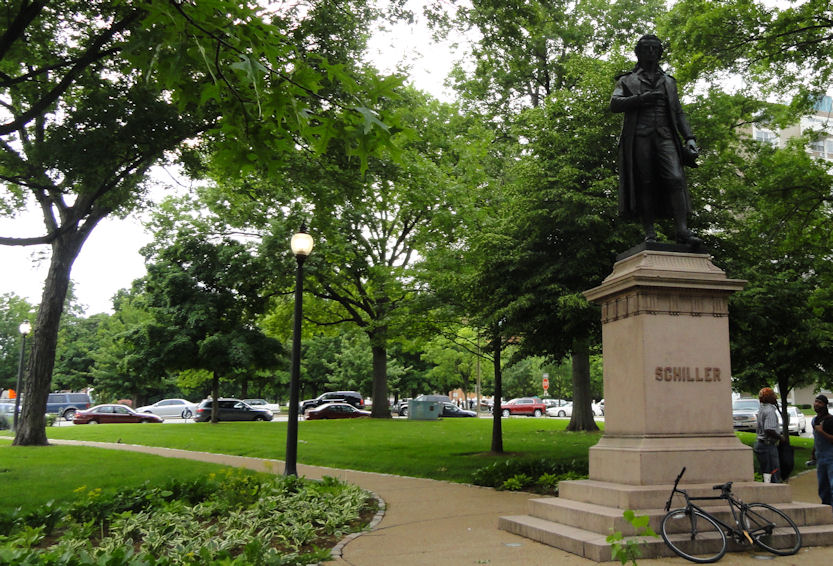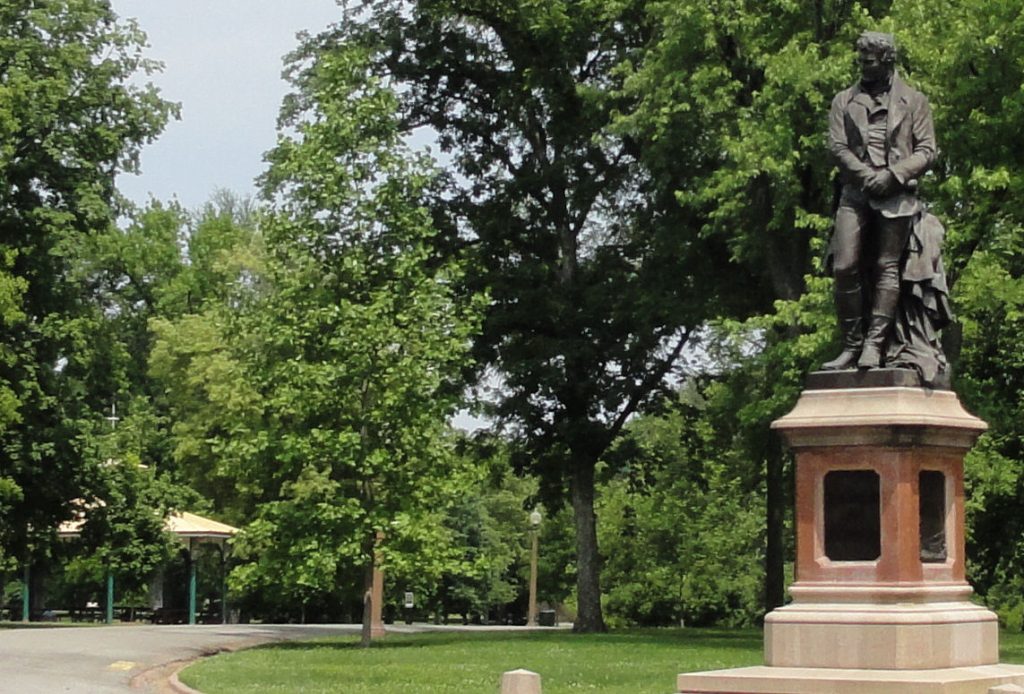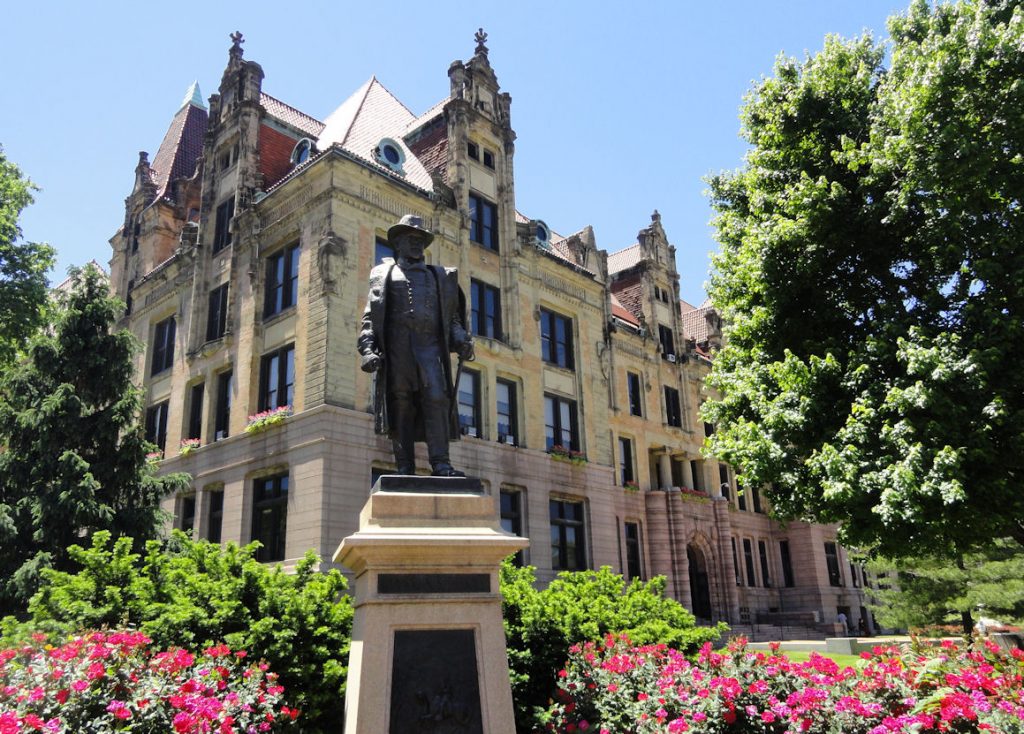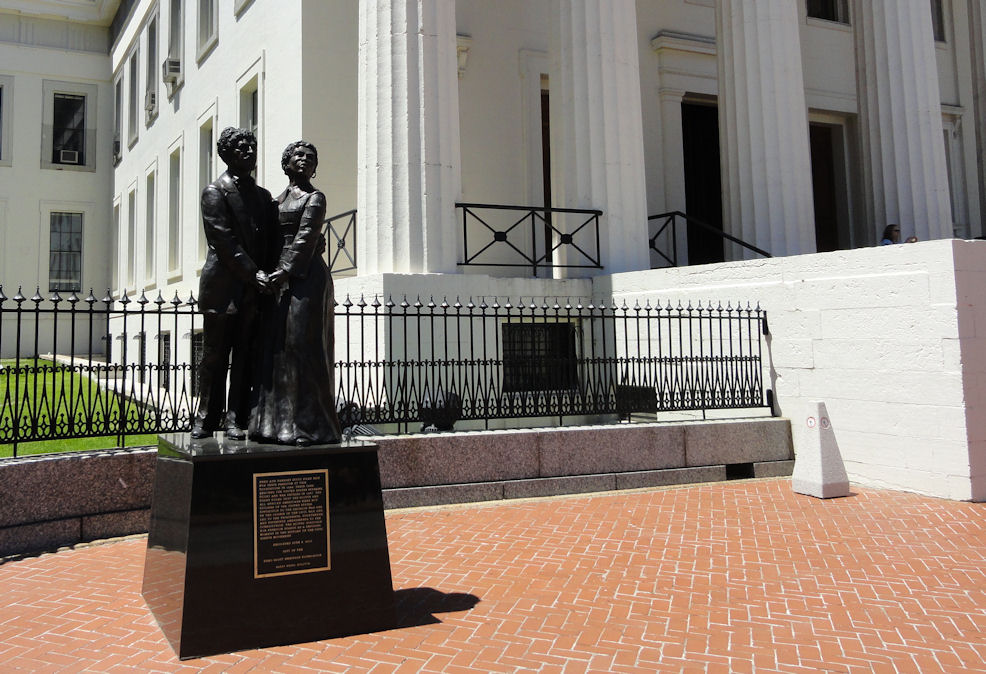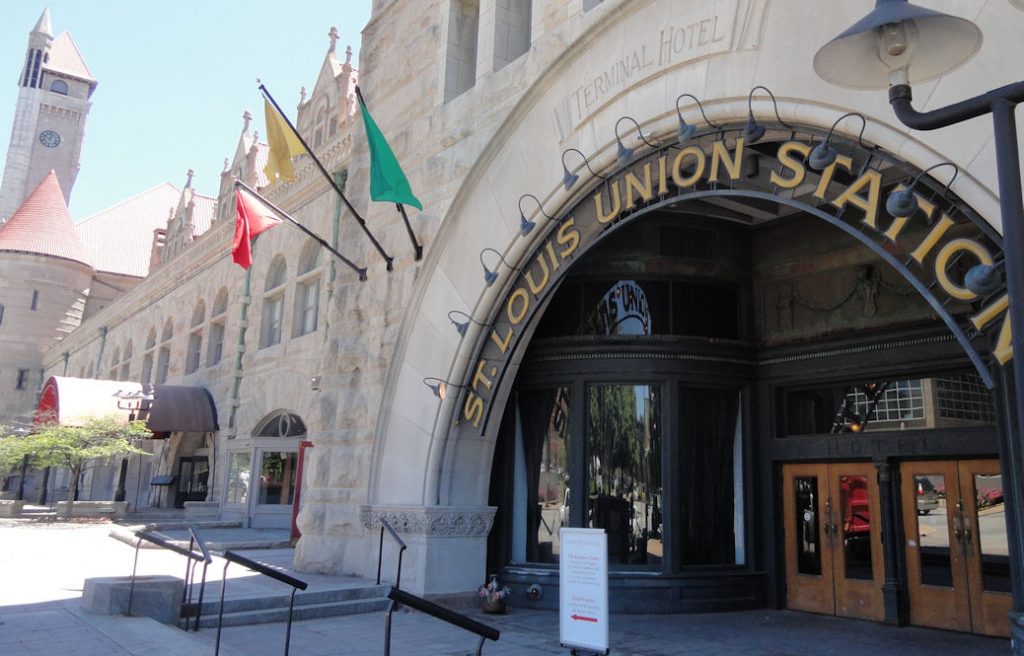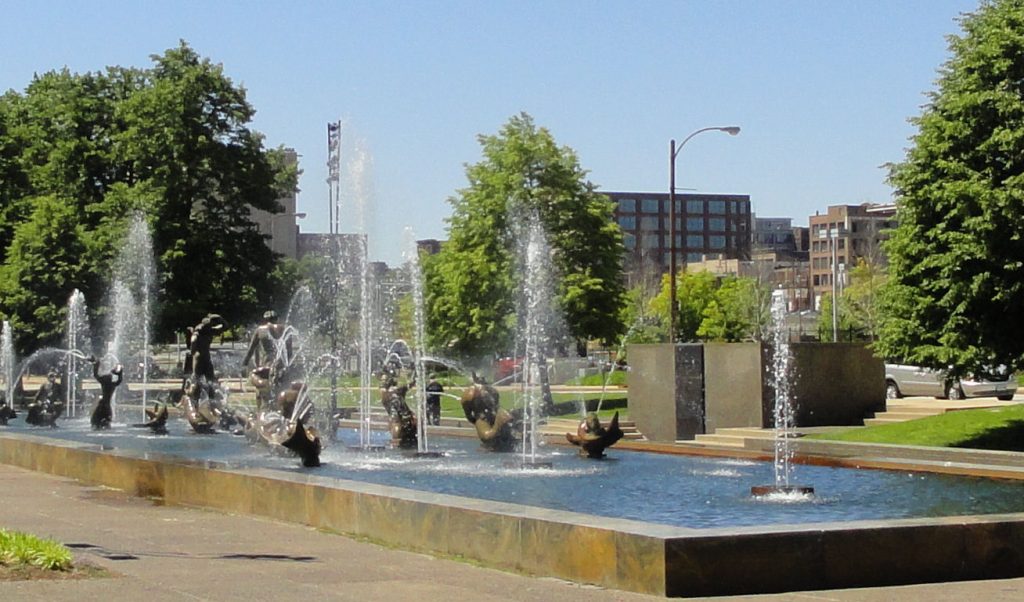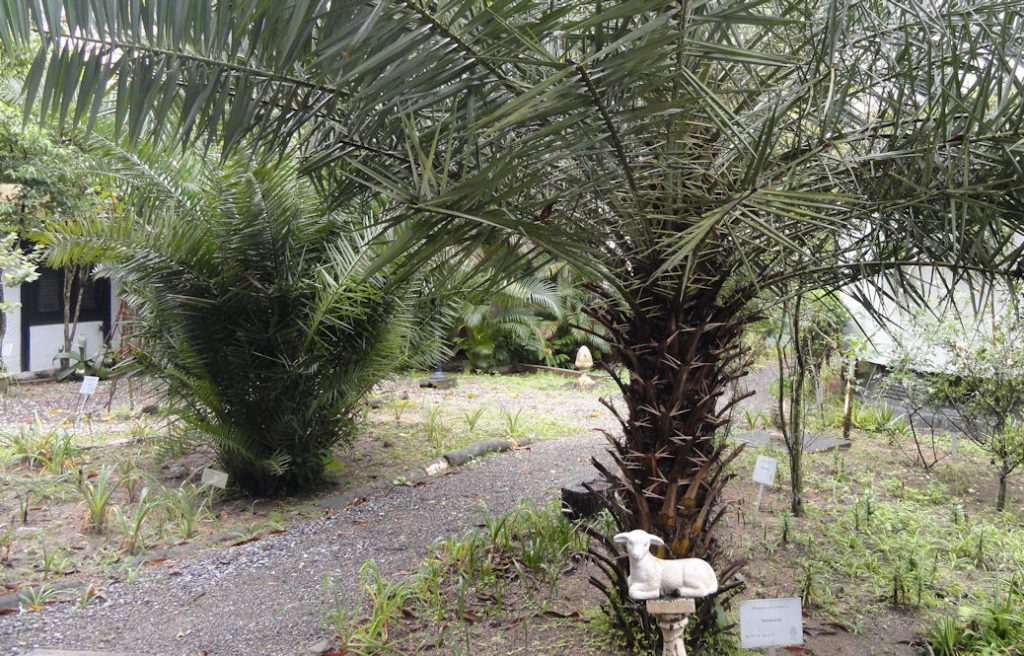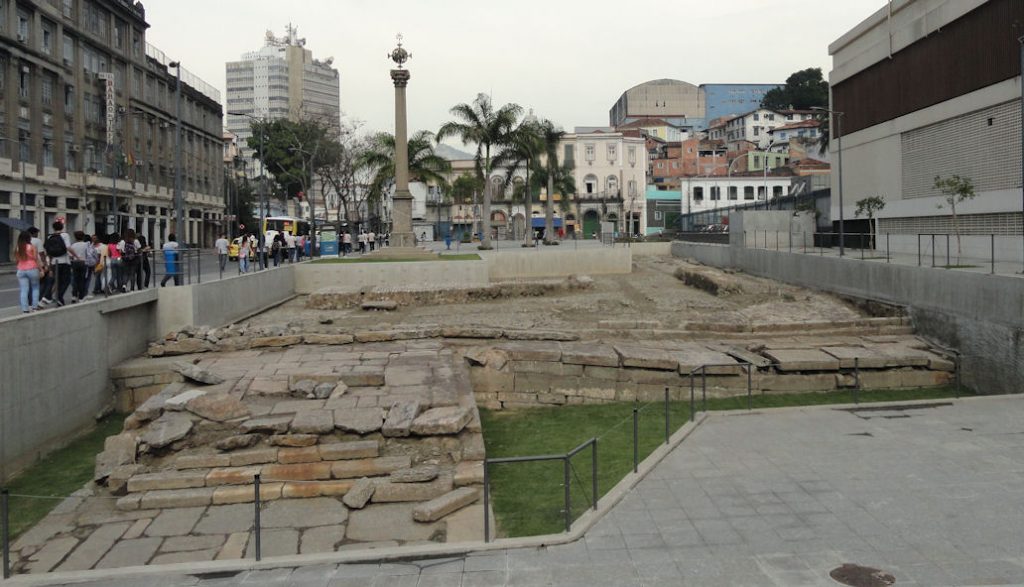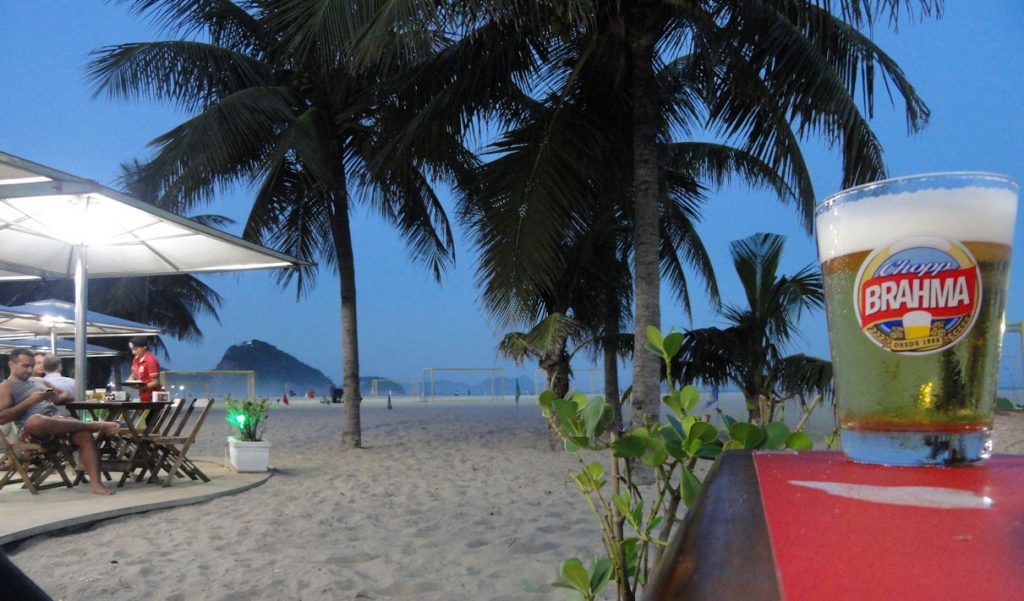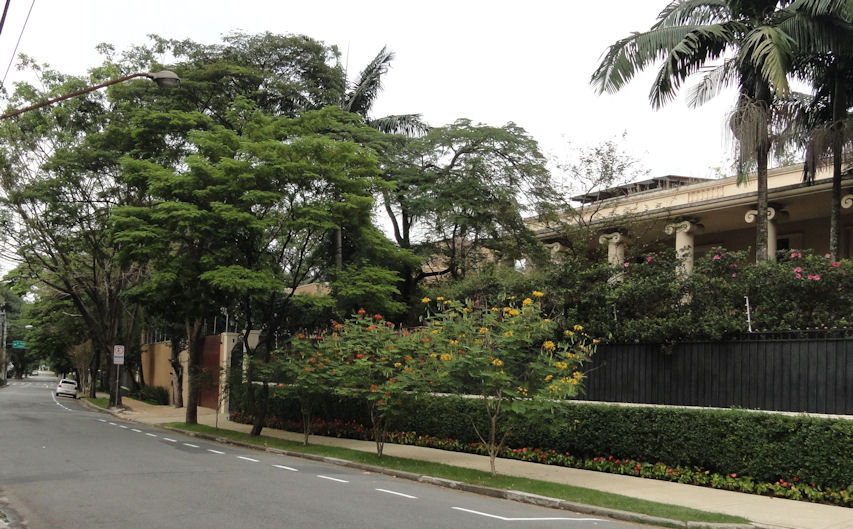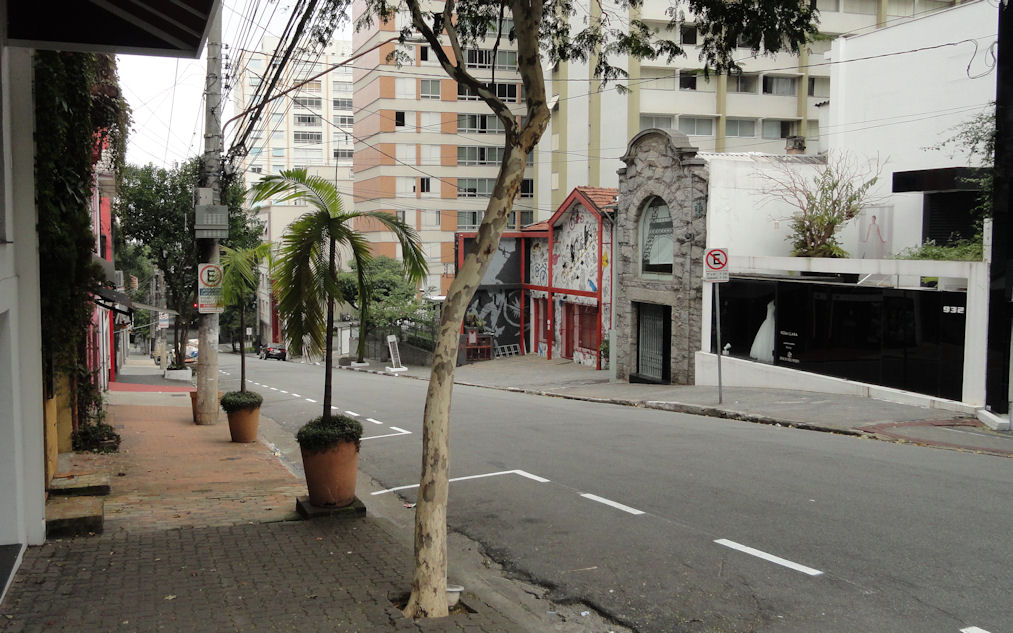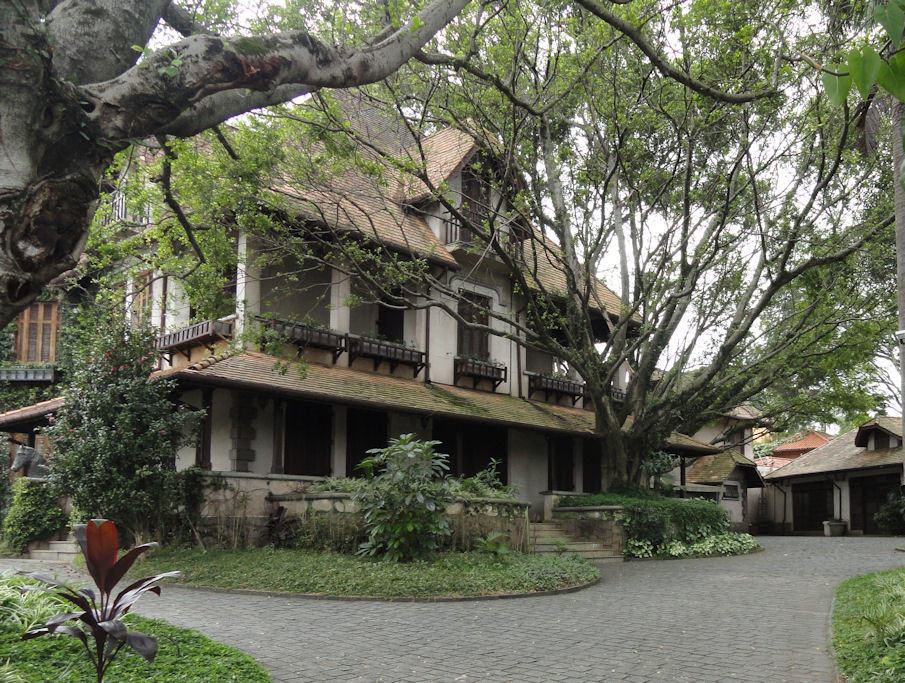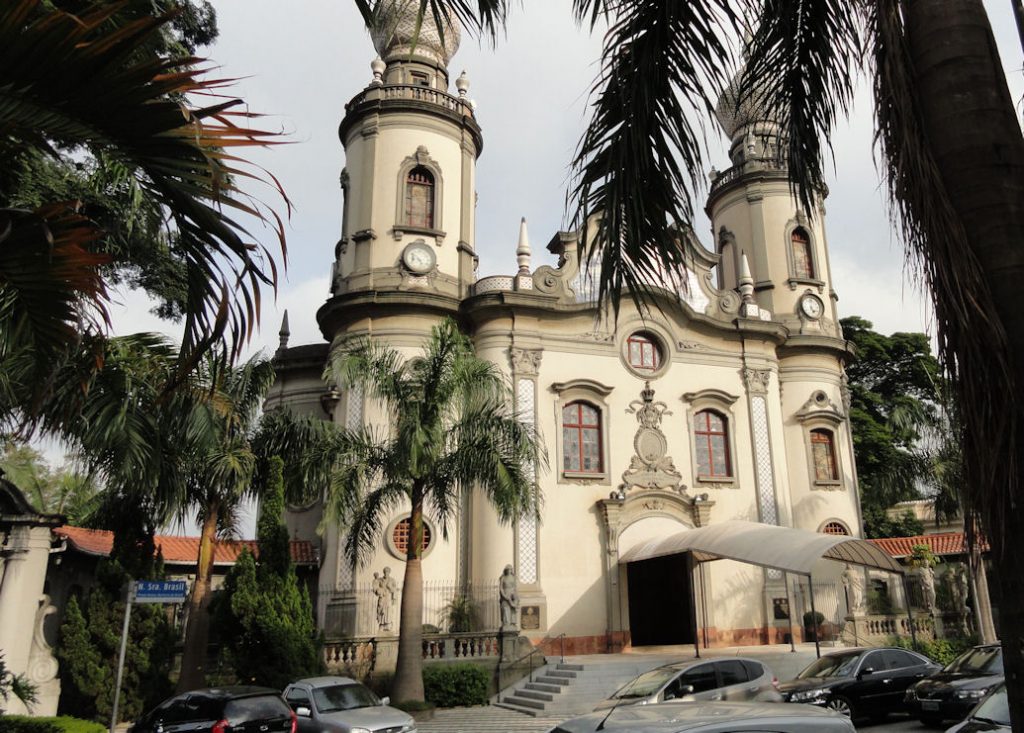DNA studies are turning out some interesting findings and solving some of the mysteries of history and sometimes creating some interesting paradoxes. For example, African-Americans who trace their genetic ancestry through the male line are often finding that their ancestors came from the British Isles. Deeper in history, recent DNA investigations show that the “native” populations of Europe were all but obliterated by migrations into the continent in the Neolithic age from around 4000-6000 years ago.
The invaders brought with them new skills and farming cultures that likely simply overwhelmed the local hunters and gatherers. This would be similar to what happened in North America with European contact. Only a very small percentage of the North American population is genetically related to the population that lived on the continent in 1492, although in the ancient case the process took 2000 years and not only a couple hundred.
This replacement, however, is evidently not as common as we might think. When I learned anthropology, we were still influenced by the experience of European colonization. Even if “modern” scholars of the 1960s rejected the theories of the 19th Century, they – we – were still living in their patterns. We knew that populations could be replaced because we had seen it done and we postulated that back into the past.
Our literature seemed to support this paradigm. There were heroic stories of ancient foundations and ancient people often claimed heritage from pioneers. Aeneas brought his Trojans to Italy and they formed the core of the Roman people, according to legend. Clearly languages spread geographically. Latin spread over most of Western Europe and it makes some intuitive sense to think that people came with it. The same goes for Arabic in later times. But the spread of English in modern times shows the flaw in that argument. Of the many modern speakers of English, only a minority have predominant or even significant ancestry in the English population of 1492, for example. The English migrated, that is true; their language migrated farther.
An interesting counter example is Finland. Finnish is a language of northern Asia and the “original” Finns were Asians. Over the centuries, a steady immigration from Scandinavia changed the genetic nature of the Finnish population while keeping the language intact
DNA is providing a more nuanced picture of migrations and assimilation. I read an article today that shows that the Minoans, the mysterious ancient people of Crete, whose language we still cannot read, were similar genetically to modern Europeans and modern Cretans. This tends to disprove 19th Century postulations, some of which I learned in school, that they were largest the product of some migration, maybe from Egypt or Africa. This supports a general observation that the core population of a place remains remarkably stable, despite significant changes in language, religion, customs and government. I recall an earlier study that indicated that most of the modern population of Lebanon was descended from the ancient Phoenicians. They are Arab in language and culture, but related more closely to the ancient people of Canaan than to the invaders who swept in form the Arab peninsula. In other words, the same families were at one time or another Phoenicians, Hebrews, Greeks, Syrians, Romans or Arabs.
It is tempting to take current situations and project them backward. One of things I really hate about some modern books or TV programs is when they take a contemporary map and project it back on past times. A modern map of Europe, for example, makes little sense when superimposed on the Europe of 1000 years ago. A few of the countries had similar names back then, most did not, but none of them were exactly where they are today nor was the culture the same.
The countries that became France, Germany, Spain or Italy just did not exist 1000 years ago, despite what current nationalists might assert, i.e. they were so different that it makes no sense to call them by those names. Most of eastern France had more in common with what became western Germany. They could easily have become the modern nation. Italy was divided up among people who could not understand each other’s languages. Spain was mostly occupied by Muslims. Anybody who guessed at the future disposition of these places would certainly have been wrong. Modern nationalities simply do not project very far into the past. The people occupying the territory are fairly mutable.
Of course, migrations do happen and Vikings, Mongols and other disruptive forces spread their DNA far and wide, (something like 8% of the population of the former Mongol Empire is related to Genghis Khan, probably the result of thousands of short-term non-consensual relationships and the Mongol habit of killing all the men around) Nevertheless, established populations evidently abide for long times. They were really a nasty bunch, but part of our common history too.
I study ancient history and even more ancient anthropology because I enjoy it and most of what I know has little practical value. But I think that this information is useful. It shows the adaptability of humans and how we are very similar to each other despite our purported ethnic heritage. When someone says that his ancestry is German or French or anything else, it really is not a meaningful concept in the longer run of things. We all can become something else and we are constantly in the process of becoming.
My general view of history is that after events pass from living memory, history belongs equally to all of the current generation of mankind. I don’t have to be a Greek to appreciate Greek history and there is no reason to believe that a contemporary Greek will understand the ancient history of “his” country any better than I can. We all are descended from the good people and the bad people of the past and none of us has any particular reason to be proud or ashamed of anything that happened long before we were born. But ALL of us should learn from the experience of the past and know it. As a Western man, I am an inheritor of Greek & Roman culture. I kind of see them as “my” people, but why? My ancestors were not primarily Greek or Roman. My ancestors were mostly those barbarians that the classical world disparaged and tried to keep out of the civilized empire. My relatives would be found farting in the Roman Forum just before breaking up the local shops and setting fires. If I was transported back to ancient Rome, they would see me as a barbaric Gaul or German. I would not be welcome. Yet it is not the ancient people of Gaul or Germany that inform most of my thought today.
My genetic ancestors have not very much to teach me from ancient times. They really were barbarians. They didn’t write; they constantly warred and they tended to do silly things like rub butter on their hair. The main thing they did that I do too is that, according to the Roman historian Tacitus, they drank beer. This is interesting in two ways. First it is interesting to find out what my ancient ancestors did, but more importantly, I have to learn about it from a Roman. It goes to show who ruled and who just slopped butter on their hair.
